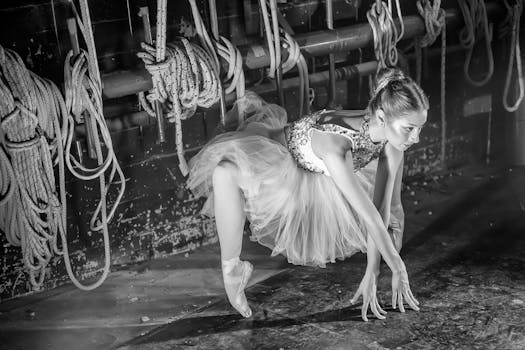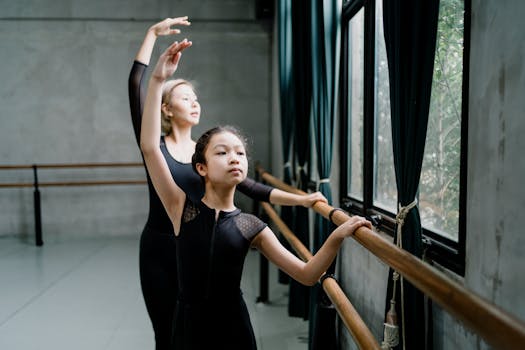You'll usually need a degree or diploma in professional dance or musical theatre. These take 2 to 3 years to complete and are offered by dance schools, performing arts schools and universities.
Academic qualifications may not be essential if you show enough talent at audition.
You could get a Dance and Drama Award to help with fees and living costs.
Entry requirements
You'll usually need:
- 2 to 3 A levels, or equivalent, for a degree
- to pass an audition




